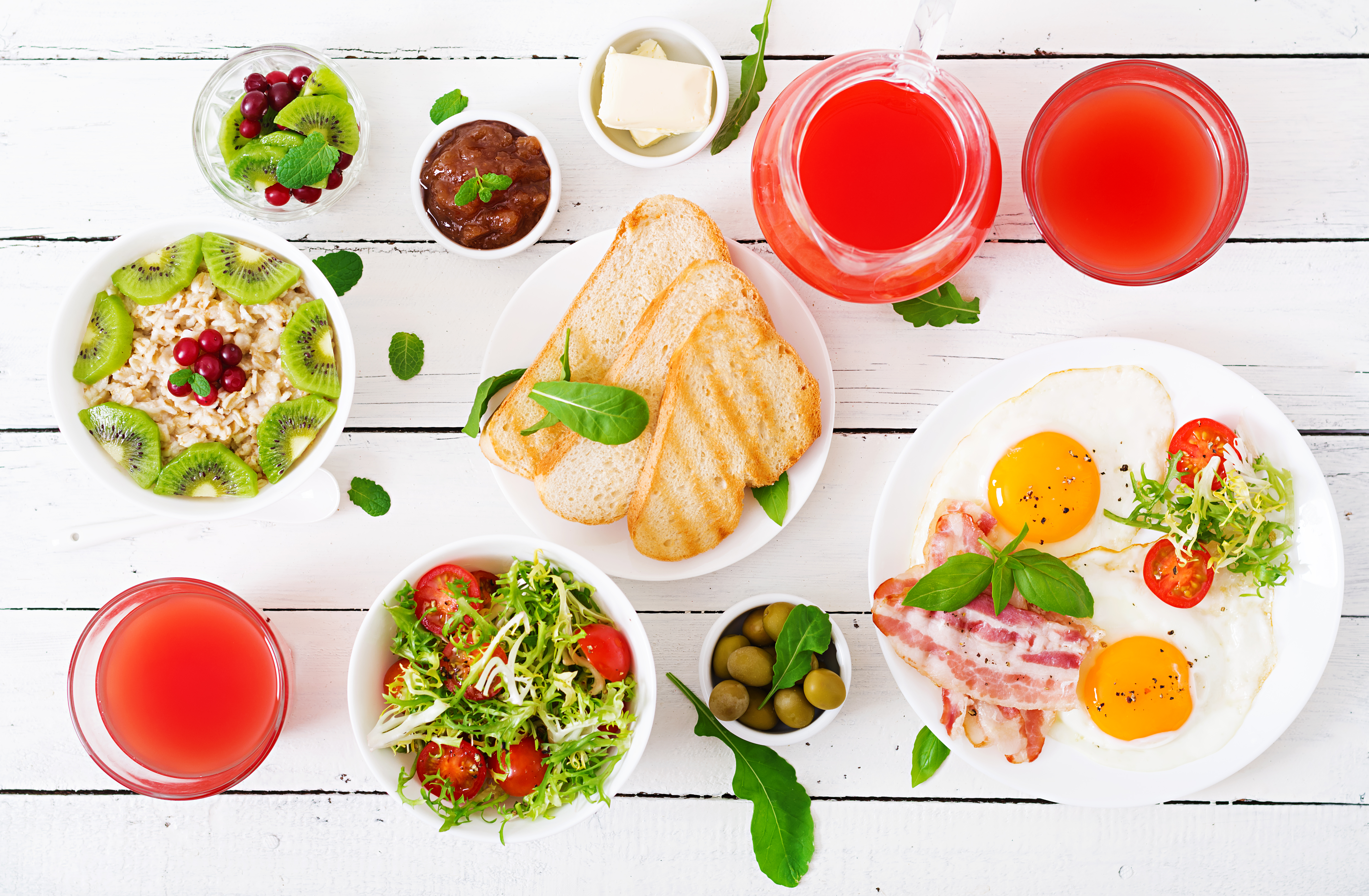To practice intuitive eating, one needs only eat until satiety is reached, rather than adhering to any particular diet plan or calorie count. It’s based on the idea that everyone, regardless of weight, has an internal hunger and fullness cues that are trustworthy and reliable if they just learn to trust them again, which can be easier said than done. What’s more, intuitive eaters don’t beat themselves up when they eat too much one day or not enough the next.
What is Intuitive Eating?
Intuitive eating is a diet that focuses on reconnecting with your natural hunger and fullness cues and finding a sustainable and enjoyable way to eat. It’s also about stopping when you’re full and learning to savor all of the flavors in your food, so you’re satisfied, rather than constantly trying to eat because it tastes good or you’re bored.

Three Rules of Intuitive Eating
When engaging in intuitive eating, there are three guiding concepts to keep in mind:
1) Honor your hunger and eat accordingly. Eat what sounds satisfying and is appealing to you for the time being.
2) Eating habits and food management in modern culture are not universally applicable. So instead, do what works for you, which may be anything from skipping meals to counting calories and weighing foods.
3) Make peace with your body – Intuitive eating can help people develop healthier relationships with food and their bodies. – Intuitive eating can give a person control over their life by taking control over their relationship with food. Intuitive eating may lead to weight loss if combined with increased physical activity and decreased consumption of high-calorie items that are not necessary for survival (e.g., junk food).
How Does Intuitive Eating Work?
Listening to one’s hunger cues is at the heart of intuitive eating. When you eat when you are not hungry, your body will signal that it does not need the food, which can cause bloating or stomach pains. Listening to what your body needs can work at its best and help with weight loss. You also learn more about your likes and dislikes to make better choices for yourself without feeling like there is a diet telling you what to do.

How Can You Start With Your Diet Today?
First, start by figuring out what feels right to you. Next, write down your thoughts and feelings regarding food in a journal; over time, you will see what your body needs. Focusing on eating only until you are full and not hungry can help balance blood sugar levels throughout the day.
Some people may need more than just healthy food, such as relaxation techniques or meditation, to feel their best.
Lastly, if your lifestyle is too stressful and fast-paced with no time for exercise or cooking, take some time for yourself to have a better relationship with food.
Rethinking Healthy Choices
Healthy eating doesn’t have to mean strictly watching your carbs, staying away from sugar, and shunning all fats. Instead, ditching the diet mentality and letting go of restrictive rules means learning to listen to what your body needs to nourish yourself regularly. This can be achieved by balancing mindful food choices, such as taking time for yourself for proper nutrition and meal prepping if needed.








